Sommaire
Pagination de l'dition papier
Guide
 InterVarsity Press
InterVarsity Press
P.O. Box 1400 | Downers Grove, IL 60515-1426
2022 by Travis McLane Dickinson
All rights reserved. No part of this book may be reproduced in any form without written permission from InterVarsity Press.
InterVarsity Press is the publishing division of InterVarsity Christian Fellowship/USA. For more information, visit intervarsity.org.
All Scripture quotations, unless otherwise indicated, are taken from The Holy Bible, New International Version, NIV. Copyright 1973, 1978, 1984, 2011 by Biblica, Inc. Used by permission of Zondervan. All rights reserved worldwide. www.zondervan.com. The NIV and New International Version are trademarks registered in the United States Patent and Trademark Office by Biblica, Inc.
While any stories in this book are true, some names and identifying information may have been changed to protect the privacy of individuals.
The publisher cannot verify the accuracy or functionality of website URLs used in this book beyond the date of publication.
Cover design and image composite: David Fassett
ISBN 978-0-8308-4718-1 (digital)
ISBN 978-0-8308-4717-4 (print)
This digital document has been produced by Nord Compo.
TO SHARI,
who is, to me, the fairest of them all.
AND TO KAELIA JOY, DELANEY GRACE, EMERY ANN,
AND WILLIAM KADE.
May you journey well and find God.
Wandering but Not Lost
I wonder as I wander, out under the sky, How Jesus the Savior did come for to die.
JOHN JACOB NILES
Not all who wander are lost.
J. R. R. TOLKIEN
I once was significantly lost. When I was a college student in northern Wisconsin, my dad and I were hiking on a trail that was somewhat familiar to me. I had been on this trail just a few weeks before and thought I would take us on a shortcut to get to some bluffs with a terrific view. It was, like many attempted shortcuts in life, a bad idea. We ended up getting off trail and wandering for a couple of terrifying hours. Then, all of a sudden, a man comes walking through the forest and we were saved! As it turns out he was deep in the forest scoping the land for a future hunting trip and we just happened to cross paths. We honestly wondered if he was an angel in disguiseit all felt a bit miraculous.
Wandering when lost is quite dangerous because you never know where youll end up. Northern Wisconsin has thousands of miles of uninhabited forest. Had we gotten pointed in a different direction, I may not be here writing this sentence.
Now Im not sure this man knew just where he was either. It took him a few moments to get his bearings. But there was an important difference between him and us. He had a compass and a map, and he knew the general direction of where we were.
Wandering can be scary. My dad and I were in a dangerous situation. But sometimes its the best way to arrive at your destination. We can, like the man who saved us, wander with purpose. Life doesnt always give us a well-marked trail. We have to make our own way toward a destination. Wandering is not the problem, but wandering aimlessly is. There is risk of getting lost and we should take due caution, but the adventure is typically well worth the risk. Journeys like these profoundly change our lives.
In the novel The Fellowship of the Ring by J. R. R. Tolkien, there is a poem called the Riddle of Strider. One stanza goes like this:
All that is gold does not glitter;
Not all who wander are lost.
The poem is meant to convey a sense that things are not always as they appear. Things of value may come quite unexpectedly in dark figures like Strider and humble figures like hobbits.
One of Tolkiens most famous lines is Not all who wander are lost. Its a great line, but what does it mean? It points to a winding journey filled with twists and turns but thats nonetheless intentional and traveled with purpose.
This is certainly true of the many journeys and adventures Tolkien beautifully describes in The Lord of the Rings, but its also a lot like the journey of Christian faith. Now, we dont tend to associate wandering with faith, at least not in a positive light. But thats because many Christians have a rather thin notion of faith. For them, faith is just some decision we made along the way, not unlike the decision of where to go to college or what car to buy.
People identify with these decisions. Are you a Toyota person or is it Ford for you? Your being an alumnus of a certain university or college tends to follow you wherever you go. These things are identifying. Youve joined the club.
Genuine faith, however, is not a mere decision, and you are not a mere member of a Christian club. To be sure, faith may begin with a decision. But its a decision to begin a journey, an adventure, as we come to know the living God. Its a journey that is thrilling; sometimes terrifying and difficult (there are typically dragons along the way, as Tolkien would remind us) filled with twists, turns, suspense, drama; and times of both unimaginable joy and pain. Part of that journey of faith is the questions that come. Questions can sometimes turn into doubts. This, I suggest, is an important part of the journey of faith. We wander not as those who are lost but who are intentionally seeking God, encountering and pushing through challenges as they come. Its the only way to arrive at this destination.
Doubts and Big Questions
There I was in a seminary class, of all places, having a crisis of faith. We were only a few weeks into the semester, but I was seriously doubting my Christian beliefs. My growing-up experience was strongly Christian. If the church doors were open, my family was there, and we were involved. Generationally, my family had been doing formal ministry since at least my great-great-grandparents! And I was all-in from an early age. Somehow I made it through Sunday school, summer camp, youth group, countless youth events, Bible college, summer ministry, and international mission trips without deeply questioning my faith. I made a commitment to Christ at a young age and just assumed it was true from that point on. At this moment in seminary it hit me like a splash of ice-cold waterthe kind that takes your breath away. I had never seriously considered why I should think Christianity is true above all other worldviews.
Im sure as a kid I asked questions along the way. But theres a difference between considering the truth of Christianity when everyone knows the answer (or think they do) and deeply considering its truth with a real possibility of its being wrong. Theres the Lets have a fun discussion about Christianity sort of considering. And then theres the painful, teary-eyed, scared to death struggle of considering whether its really true. I had never done the latter until I found myself doubting in seminary.
It is quite common for Christians to experience doubts from time to time. Unfortunately, doubts about our Christian beliefs are often treated in the same way we would treat a common cold. We wait it out, treat symptoms as best as we can (perhaps with a good dose of prayer and Bible study), and hope it goes away. This approach might work for some. But for many others, the doubts creep back in and they return with friends! As the doubts compound, Christianity can begin to feel uncompelling for this reason alone. Notice, its not for a lack of evidence. Its simply because there are doubts that are left untreated. Sadly, many abandon their Christian faith because they cannot find a safe place to admit and talk about their doubts. Rather than our questions and doubts being a part of the adventure as we wander toward God, without a safe place to doubt our faith Christianity can feel like a fake.

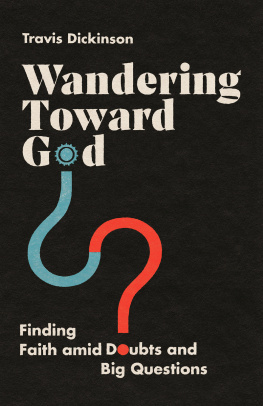
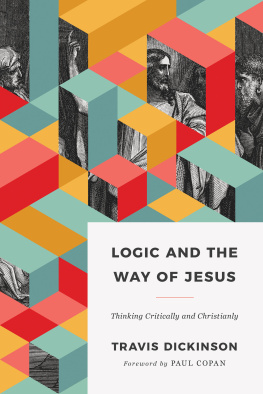
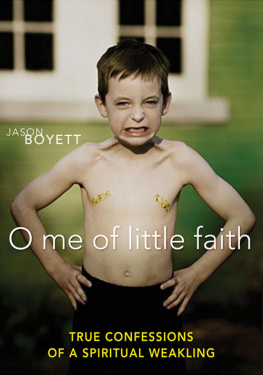
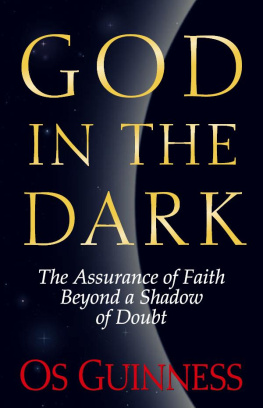



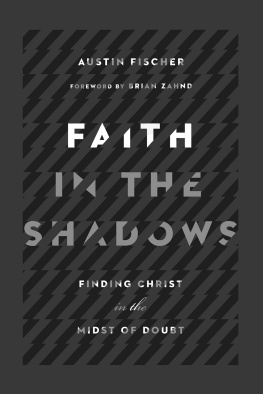
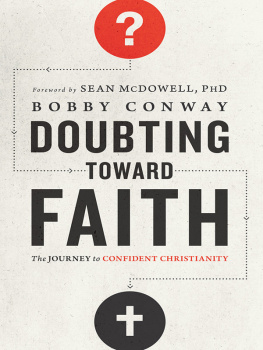
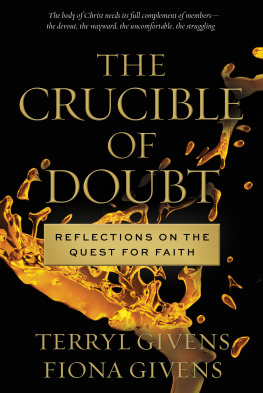
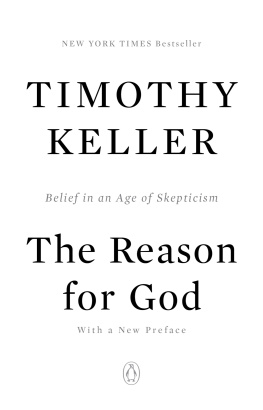
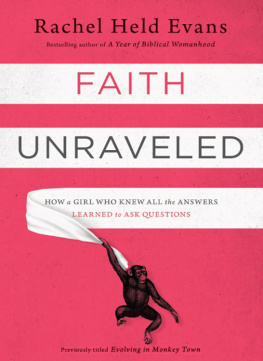
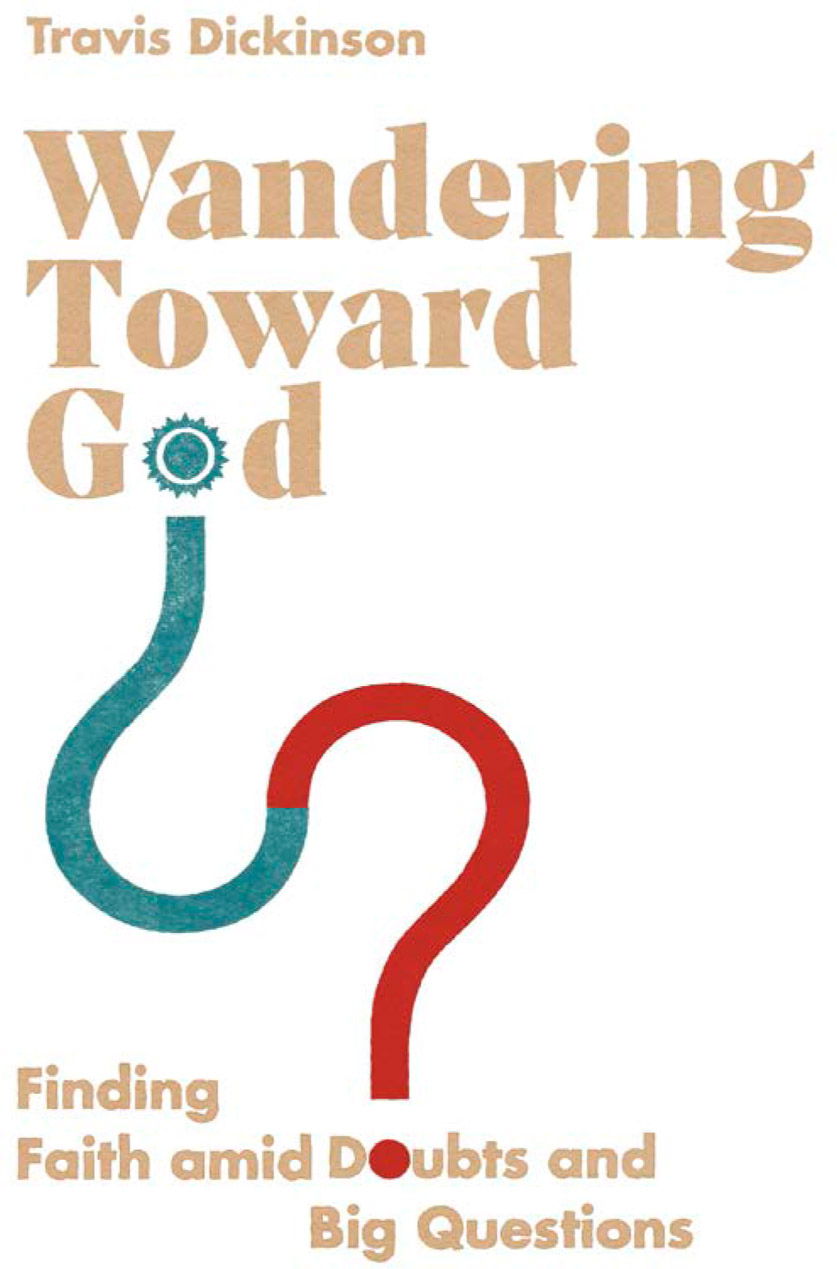

 InterVarsity Press
InterVarsity Press